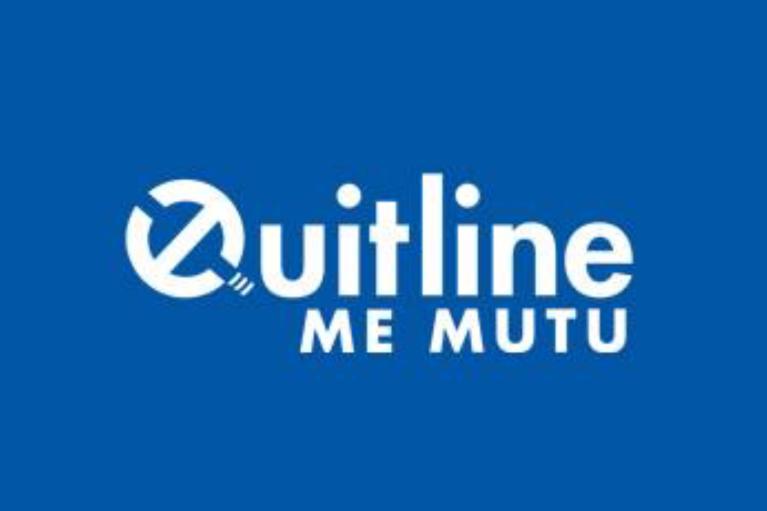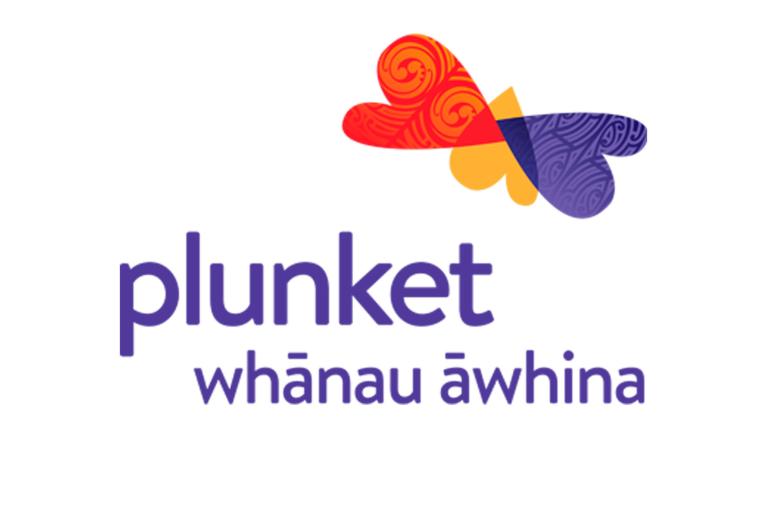In this video, three different whānau share their stories about the rewards and challenges of being parents. We hear how the Well Child Tamariki Ora nurses give them support and advice. Find out what advice our whānau have for you.
Source: Ministry of Health
transcribeTranscript
Title: Your Child: The First Five Years. Episode 09 of 15.
Title: Amiria & Watene’s Whānau
[Shots of Amiria showing her children how to use a poi.]
Amiria (voice-over): The biggest thing for me with my kids is just knowing that they're happy and that they're taken care of and shown that they'll always be loved. I have two kids – Kahukura, she's five, and Tawhai is fifteen months.
Title: Ria & Barry’s Whānau
[Shots of Ria and Barry playing with their children.]
Ria (voice-over): It's not easy but it's worth every moment. It's definitely one of the hardest things you'll ever do – being a parent – but it also has the best rewards.
[Interview with Ria and Barry.]
Barry: We have two beautiful children – Ocean, he's three, and Kārearea, she's four.
Title: Kanae & Steve’s Whānau
[Shots of Kanae and Steve playing with their children.]
Steve (voice-over): Children are so curious about the world and I think, when we're in this environment with all these new things for the kids to see and learn about, of course they have so many questions. They want to touch everything and then find out what it's all about. It's wonderful to be a part of that learning experience. We now have two beautiful children – Hugo, who is four years old, and Kyla, who's just turned two. I think the children have a lot of fun in the house, just playing together. It's really wonderful to see the children with so much laughter, and joyfully chasing around each other and interacting with each other.
[Shots of Ria and Barry playing with their children.]
Ria (voice-over): They light up when they're with mum and dad, and mum and dad are interacting with them. It doesn't have to be anything special or grand. It's just being with them.
[Well Child Tamariki Ora Nurse Carmen arrives at Kanae and Steve’s house.]
Kanae (voice-over): We feel we are well supported by our Well Child nurses. They’re here to support – not only for the baby, but everyone in the family.
[Interview with Carmen.]
Title: Carmen Timu-Parata, Well Child Tamariki Ora Nurse
Carmen: Often it is someone to say, you're actually doing a really good job, that can help you.
[Amiria and Well Child Tamariki Ora Nurse Erika play with Erika’s baby.]
Erika: That's all normal and all part of the age and stage.
[Interview with Amiria.}
Amiria: You know, you don't have all the answers, but they're there for you to ask any questions you may have.
[Shots of the parents playing with their children.]
Erika (voice-over): The best advice I could give at this age would be to spend as much time together doing things, so that children are learning at the same time, as well as you're there supervising them, letting them do stuff.
[Interview with Erika.]
Title: Erika Ware, Well Child Tamariki Ora Nurse
Erika: That's the best way to learn, to have fun, and be safe together.
[Amiria reads picture books with her children.]
Amiria (voice-over): With his learning, I've noticed he really likes books. When we're talking to him, he tries to copy noises. I speak te reo to him.
[Interview with Erika.]
Erika: Some of the things that can help our children's learning and development are things like taking the time to read to them, sing to them, play with them. Talking is very important as well.
[Ria draws with her daughter.]
Ria (voice-over): Kārearea likes to draw. I'll sit with her and draw and we'll learn how to spell her name. Just having those things there to provide an outlet for them to be creative.
[Interview with Amiria.]
Amiria: What's important to our family is my kids knowing a bit about their identity. That's something that I encourage other Māori and Pacific families – be proud about your heritage and your whakapapa, and pass a little bit of that knowledge on to your kids.
[Interview with Kanae and Steve.]
Steve: I think our aspirations for bringing up children is for them to be happy, ultimately. We want to provide a supportive environment where they can really bring out the best of themselves. We hope that in the future they'll be able to make a positive contribution to society and the people around them.
Title: Our thanks to the families and health workers who appeared in this video for the Ministry of Health.
The best advice I could give at this age would be to spend as much time together doing things.
Your child in the first 5 years
In the video, we hear from Erika, a Well Child Tamariki Ora nurse. She explains ...
Some of the things that can help our children's learning and development are things like taking the time to read to them, sing to them, play with them. Talking is very important as well.
The best advice I could give at this age would be to spend as much time together doing things, so that children are learning at the same time, as well as you're there supervising them, letting them do stuff. That's the best way to learn, to have fun, and be safe together.
Development
There are many ways of learning - tamariki learn by watching, by listening and especially by doing. Tamariki do best in an environment which is interesting and where they feel loved and safe. See the section on learning and development for more information.
Being active
Activity is just as important for your baby or young child as it is for older tamariki - it helps them to learn and grow.
The Importance Of Being Active In The Early Years
Teeth
By about 3 years of age your child will have their first set of teeth - 20 'baby' teeth. Healthy baby teeth usually mean healthy adult teeth too, so it's important you look after your child's first teeth.
Caring For Your Child's Teeth: 1 To 5 Years
Nutrition
There are lots of things you can do to help your child learn healthy eating habits right from the start. See the section on healthy eating for more tips.
Fussy eating
Fussy eating is common in tamariki, and it's common for them to dislike certain foods. Tamariki will gradually eat and explore new foods as they get older. Providing healthy food and an enjoyable eating environment for your child will help them enjoy mealtimes.
Sleep needs
Tamariki need sleep to grow and develop. Sleep needs vary and change as they grow. Knowing what to expect at each stage helps you understand your baby's sleep needs as they grow. See the section on normal sleep to learn about sleep needs at different ages.
Vaccination
Vaccination protects tamariki against a range of serious diseases. Protect tamariki for life - immunise. Start vaccinating pēpi the day they turn 6 weeks old. Continue with all vaccinations for full protection.
Safe home environment
Make sure your home environment is safe for your baby. Never leave tamariki, especially those under 5 years of age, unsupervised near water, including baths, buckets and water troughs. Keep medicine in a high place out of reach and out of sight of tamariki. See the section on safety for more tips.
An App To Help You Make Your Home Safe For Tamariki
Warm and dry home
Having a warm and dry home means germs such as strep throat, which can lead to rheumatic fever, are less likely to spread. Find out what support is available to help you keep your home warm and dry.
Smoke-free environment
Make sure your child's environment is smoke-free. Cigarette smoke is very harmful for your child.
If you want to give up smoking or vaping, contact Quitline or talk with your health professional.

If you want to give up smoking or vaping call Quitline free on 0800 778 778. Quitline can provide free support and advice to help you or someone in your whānau quit smoking. Visit their website for more information.
When to see a health professional
Pēpi and young tamariki get sick often – it's a normal part of childhood. Get help quickly if your child shows any danger signs. Check the advice about when to seek help if your child is sick.
PlunketLine is available 24 hours a day, 7 days a week, on 0800 933 922 for advice and support for you, your baby and your whānau. Calls are free from cell phones. You do not need to be registered with Plunket to use this service.

